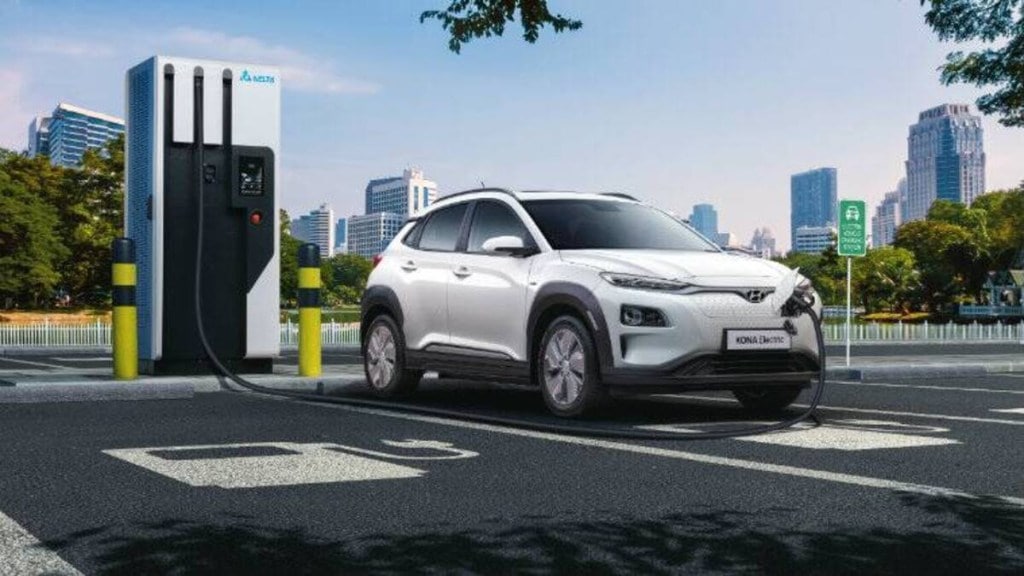The battery manufacturing segment remains a critical cog in the overall EV ecosystem development and is garnering a lot of attention.
Spurred by government support in the form of subsidies, enhanced awareness and increasing product launches, the electric vehicle (EV) segment saw a significant upturn in prospects in FY2022.
EV penetration across automotive segments is expected to grow exponentially over the next decade; with batteries remaining the most critical and costly component of an EV.
In addition to the robust demand from electric vehicles, the annual battery demand for stationary applications is also likely to grow at a rapid pace and be substantial.
Given the incremental demand from various applications and future growth prospects (post-2030), ICRA estimates investments in cell manufacturing to exceed USD 9 billion (Rs 71,757 crore).
Achieving economies of scale in battery manufacturing will remain critical in lowering the cost of an EV and helping achieve pricing parity. Additionally, given that the charging infrastructure penetration will only improve gradually, improvements in energy efficiency remain imperative.
Locating cell manufacturers close to the original equipment manufacturers (OEM) would allow for the creation of a research and innovation ecosystem, which would aid the development of batteries with improved energy efficiency and better suited to Indian climatic conditions.
Shamsher Dewan, Senior Vice President & Group Head – Corporate Ratings, ICRA, said “In EVs, advanced chemistry batteries remain the most critical and the costliest component, accounting for almost 35-40 percent of the vehicle price. At present, battery cells are not manufactured in India, and thus most OEMs rely on imports, and manufacturing operations in India are limited to the assembly of battery packs.”
He further mentioned that, in order to achieve mass-scale penetration of EVs and a competitive cost structure, India will need to create its own ecosystem of developing battery cells locally. Multiple challenges exist on the road to the establishment of a cell manufacturing ecosystem, the primary ones being technology complexity, high capital intensity and raw material availability.
“The ability of battery manufacturers to enter into agreements/alliances with players across the value chain to mitigate these risks, coupled with the creation of a robust framework for recycling would remain key,” Dewan added.
Given the need to invest in cell manufacturing units to keep pace with the expected surge in battery demand for both EV and stationary applications, numerous entities have already committed significant investments in this segment.
The Government of India recently signed agreements with three companies for incentives under its production-linked incentive (PLI) scheme for advanced chemistry cell (ACC) battery storage. The policy emphasises on enhancing domestic value addition and is expected to support capability development in this sunrise
Lithium-ion batteries have emerged as the battery of choice for EVs, given their high energy efficiency, decent thermal stability and low self-discharge.
While Lithium Nickel Manganese Oxide (NMC) is currently the most prevalent cathode chemistry, Lithium Iron Phosphate (LFP) chemistry is expected to gain more acceptance, given its higher thermal stability and lower production cost. Multiple other chemistries also continue to be under development, even as commercial viability for such chemistries may take time.
Battery-swapping is an attractive alternate solution for EV charging, especially for commercial applications. High capital intensity and low utilisation to result in a relatively long payback period of about 4 years for public EV charging stations.



















